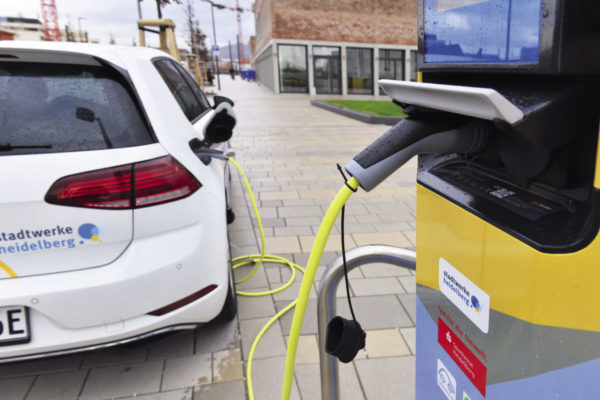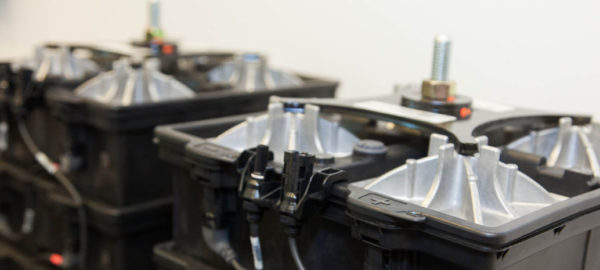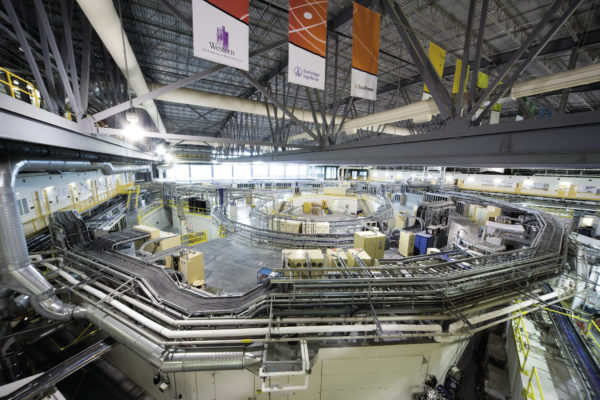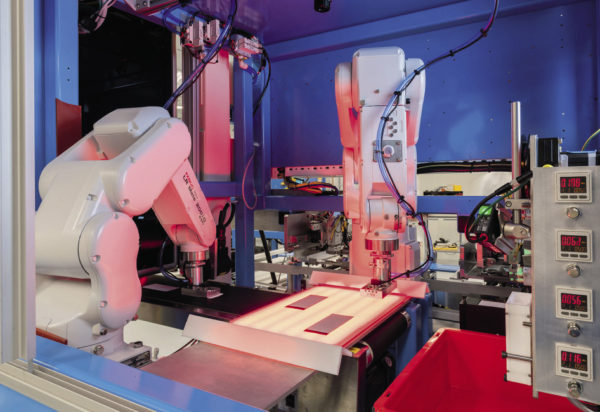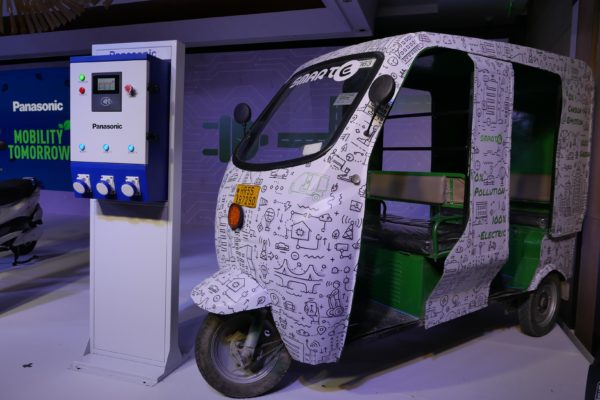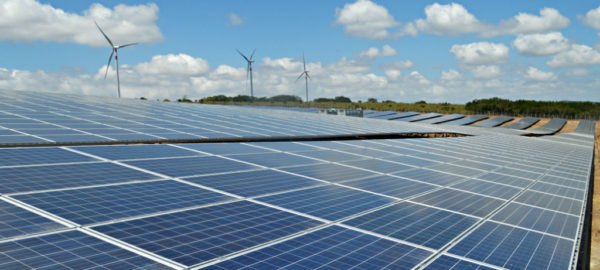Search Results for "electric vehicles"

Article
Aug 26, 2020
Mitesh Patel, Renewables Director-Asia, US-headquartered EPC player Black & Veatch,…
Press Release
Aug 25, 2020
Ola Electric co-founder Anand Shah along with BryAir director Varun…
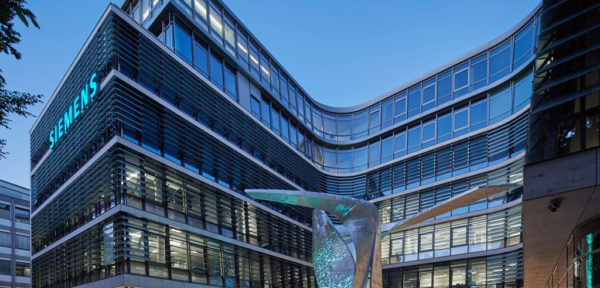
Article
Aug 21, 2020
Certain businesses such as engineering, procurement, and construction shall be…
Press Release
Aug 19, 2020
The exoskeleton structure will provide a common platform for the…
Press Release
Aug 05, 2020
At Rs 2.47 per unit, average market clearing price sees…
Filter Results
